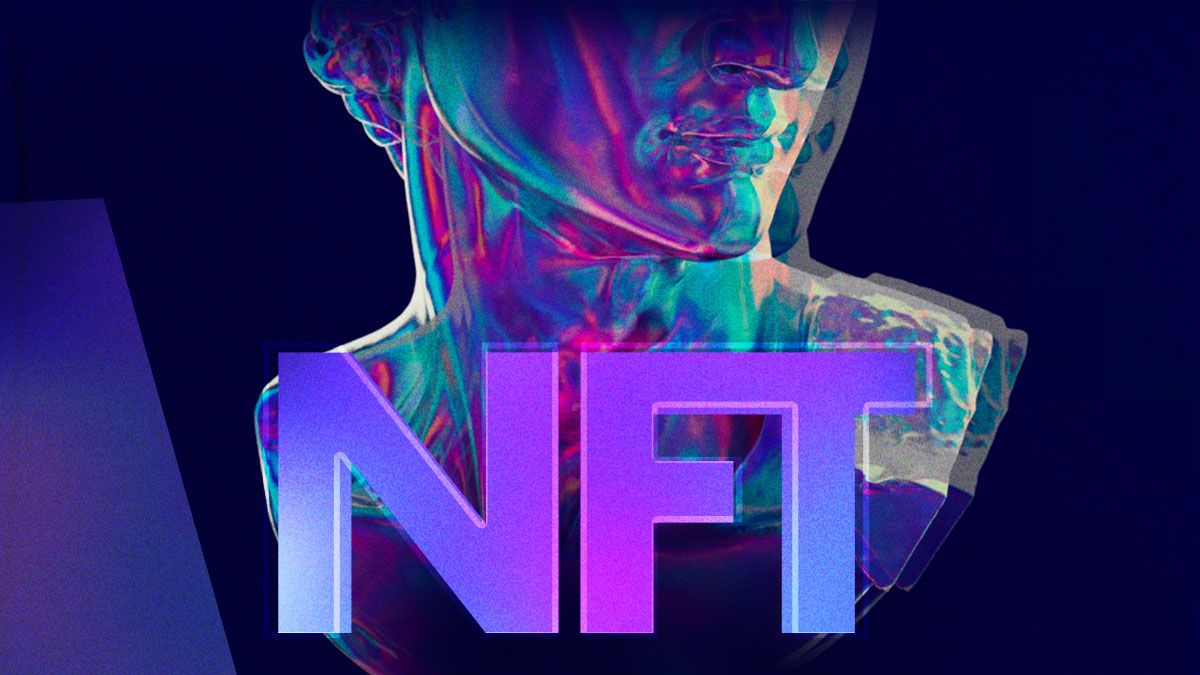You’ve probably already heard about NFTs. They have taken the crypto world by storm, driving exuberant trading volume and revenue for crypto projects. You may have wondered what the fuss is all about, or perhaps you’re not entirely sure what they are. In this post, we’ll break down the implications of non-fungible tokens in a way that demystifies them, and provide insights into how these pieces of digital art are disrupting more than just the art industry.
At AscendEX, we’re always looking to the future to anticipate trends and take calculated risks in pursuit of groundbreaking opportunities for our users. As one of the most bleeding-edge products and technologies in an already highly technical marketplace, non-fungible tokens are at the top of our list. Here’s why!
What Are Non-Fungible Tokens (NFTs) and why should you care?
NFTs are a unique type of digital asset, similar but not equal to other popular types of cryptocurrency tokens. Unlike stablecoins like Tether or Dai or utility tokens such as SUSHI or Uniswap (UNI), each NFT is entirely unique and impossible to duplicate. This makes them a prime example of digital scarcity and an excellent blueprint for how creators and fans can interact with one another in the digital space.
The first non-fungible tokens appeared in 2012, using the Bitcoin blockchain to create so-called “colored coins” – a way to represent real-world assets as unique digital items. However, it wasn’t until 2017 that an actual NFT exploded into public consciousness: CryptoKitties. This is an Ethereum application that allows users to trade collectible digital cats.
The Non-Fungible Landscape
The advent of NFTs in gaming has created new opportunities for players, content creators, and game developers. The form allows for deeper levels of interactivity among users, more seamless monetization models between creators and players, and gifting economies that can greatly enhance the emotional impact of gameplay.

What started as a fun experiment quickly transformed into an all-out stampede of speculators. The influx of capital into DeFi in August of 2020 brought with it thousands of new, eager investors, token holders, and developers — all community members riding the wave of innovation. Platforms like “Rarible” and projects like “Don’t Buy Meme” have been able to successfully leverage NFTs to capture the memes of the moment, generating massive returns by capitalizing on the popularity of the memes memorialized on the NFTs.
As investors flocked to the latest cool thing, interest in DeFi began to wane. But the smart money insisted that both were only warming up, and the two narratives continued running parallel to each other. DeFi protocols like Aave, for example, began looking for new ways to incorporate NFTs and came up with innovative solutions like Aavegotchi, digital collectibles backed by interest-bearing tokens on the Aave protocol.
From DeFi To NFTs
If you’re a believer in decentralized finance generally and non-fungible tokens specifically, but don’t have the time (or patience) to allocate to individual projects, you may want to consider looking at investment opportunities that provide exposure to the “plumbing” supporting NFTs.
Monthly users for the community-owned NFT marketplace Rarible are several orders of magnitude higher than where they were during Summer 2020:
The digital art market SuperRare has now seen over $5.4 million worth of art sold, a significant portion of which occurred between September and October 2020.
Looking at the aggregate monthly sales volume across some of the largest NFT markets, SuperRare, AsyncArt, Rarible, and KnownOrigin, we’ve noted that the average continues to steadily increase.
Non-fungible tokens have many exciting applications and use cases, but they aren’t new. Although the concept of NFTs is only 2-3 years old, we see long-term potential in the digital scarcity they represent. We believe that NFTs will continue to mature over time and lead to their widespread adoption outside the niche markets they currently inhabit. The value of NFT assets as investments is growing with each new use case, and we want to bring them to a wider audience.
It’s exciting to see such a diverse range of projects taking up the NFT model. All of them help visualize unique digital items in an intuitive and accessible way, which is a fascinating development for the future of cryptocurrency. It’s important to remember that NFTs are still in their early stages, but with well-capitalized projects like Bored Apes leading the way, the future of blockchain applications has never looked brighter.










